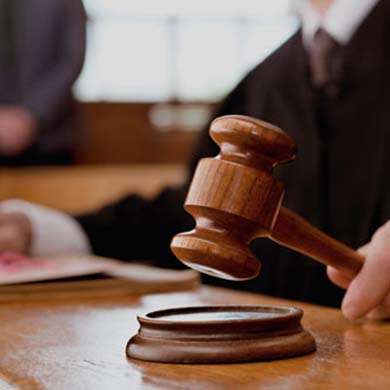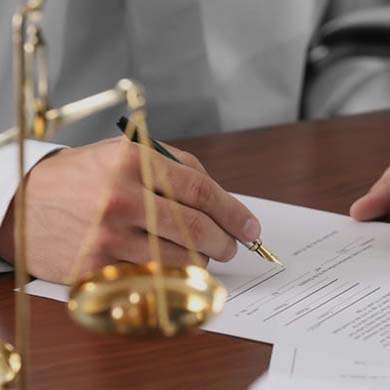File Small Claims Court in New York

To FILE your case and SERVE the Defendant, the price for this state is$74.95.
New YorkSmall Claim Filing
Why do you waste your time energy after a small claim? We are here to take pain for you. We are literate enough about the Small Claims Court System. We will get your claim filed and make you free from worries. We file New York Small Claim in the relevant court. We provide proof after the task is completed. Our policy provides individuals and companies peace of mind.
Suing Someone in New York Court Or Being Sued?
We, in New York Small Claim filing offer in case if you want to file a case against somebody, we can help by:
- Serving Your Small Claims Papers Before The Deadline.
- Serve Your Claim In Proper Legal Way for New York Court.
- Fill Your Proof With The Suffern Court.


In case you are sued, we talk to the relevant person or company to settle things down. We appeal your small claim judgment as well.
E-Filing Services inNew York
Small Claim New York E-file your legal documents to New York courts that accept E-Filling on your behalf.
Small Claims For Bad Cheque Or Payment in New York
New York Small Claim settles all money matters reliably and authentically if you are deceived in money matters.
File Small Claims in Suffern For Security Deposit
In New York Small Claim, if your former landlord refuses to return the security deposited you paid, we offer our services.
New York Small Claims Filing if Refusing To Pay After A Car Accident
If someone ruins your car in New York and refuses to pay for its repair, you can file small claims to recover your car accident damage. Small claims filingprepares all the documents to file a small claim in New York court.
Direct Legal Small ClaimService inNew York
We provide full service of handling of writs both state and federal.
Recent Cases Filed in New York Small Claims Court
Court Filling Small Claim New York Services
Throughout New York in the small claims, we offer services to accommodate on the same day, next day or routine service.
Who Can Sue Small Claim In Court New York?
Those who can claim for Small Claim New York are listed below:
- Married Couples can file small claims in Suffern court.
- Business Partnerships can also file small claims
- Corporations can file small claims
- Government Agencies can file small claims
- Motor Vehicle Claims can be handled
- Minors can also file small claims in the court of New York
- Prisoners can file small claims
- Bill Collectors can also file small claims in New York
How Much Does It Cost To File A Small Claim Court, New York?
There is a $30 filing fee for a case asking for up to $1500. To claim over $1500, and up to $5,000, there is a filing fee of $50. If your claim is above $5,000, the filing fee is $75. If you file more than 12 cases in a year, subsequent cases will cost $100.



